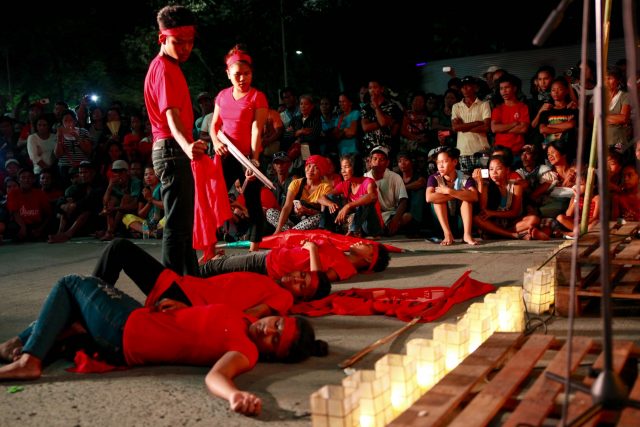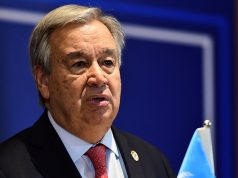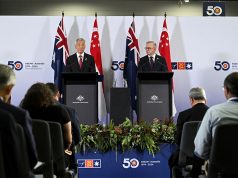MANILA, Philippines — The human rights group Karapatan blasted the ASEAN Inter-governmental Commission on Human Rights, saying the regional body had “addressed a grand total of zero pressing concerns on human and people’s rights in the Philippines” since it was established in 2009.
The criticism came even as Karapatan reported the murder of at least two more activist farmers, in Negros Occidental and Davao Oriental, and the “illegal arrest” of another in Sasmar, ahead of the country’s hosting of the Association of Southeast Asian Nations summit in Manila.
Webby Argabio, 51, of the Kilusang Magbubukid ng Pilipinas, was gunned down November 8 by “suspected military agents” on his way home from an assembly of the group in the southern Negros Occidental city of Kabankalan.
In Boston, Davao Oriental, Arnel Otacan, 33, of the peasant organization Nigkasinabot Koy Mag-umma Tu Boston, did not come home on October 28. His body was found the next day, shot seven times, his knees and arms broken. Karapatan suspects the killers to be soldiers of the 67th Infantry Battalion.
It quoted Otacan’s wife as saying intelligence officers of the unit had interrogated him twice in July and that word was making the rounds of their community that the military intended to wipe out their family. Otacan’s widow and six children have fled their home for safety.
And on November 10, Carlito Badilla, leader of the Tag-alag Farmers and Fisherfolk Association in Marabut, Samar was seized by armed men after bringing his children to school. Karapatan said the 87th Infantry Battalion has since confirmed having Badillo in its custody.
Noting that the human rights situation in the Philippines has actually worsened since the country signed the ASEAN Human Rights Declaration in 2012, Palabay said: “It is foolhardy to expect concrete actions and strong recommendations from the ASEAN regarding the human rights situation in the Philippines, when, for a long time, its human rights body has been rendered inutile and toothless in the protection and promotion of international human rights principles in the region, especially at a time of worsening attacks against people’s rights in Southeast Asia.”
She also noted that “not a single critical word was heard from other ASEAN member-states during the Universal Periodic Review of the Philippines at the UN Human Rights Council” earlier this year, when several countries called on the Duterte government to end the thousands of killings associated with its war on drugs.
“The AICHR should act decisively to address the urgent concerns of peoples in South East Asia now, lest it fully exposes itself as another inter-governmental body that deodorizes governments such as the Philippines … among the most notorious human rights violators in the world,” Palabay said.










